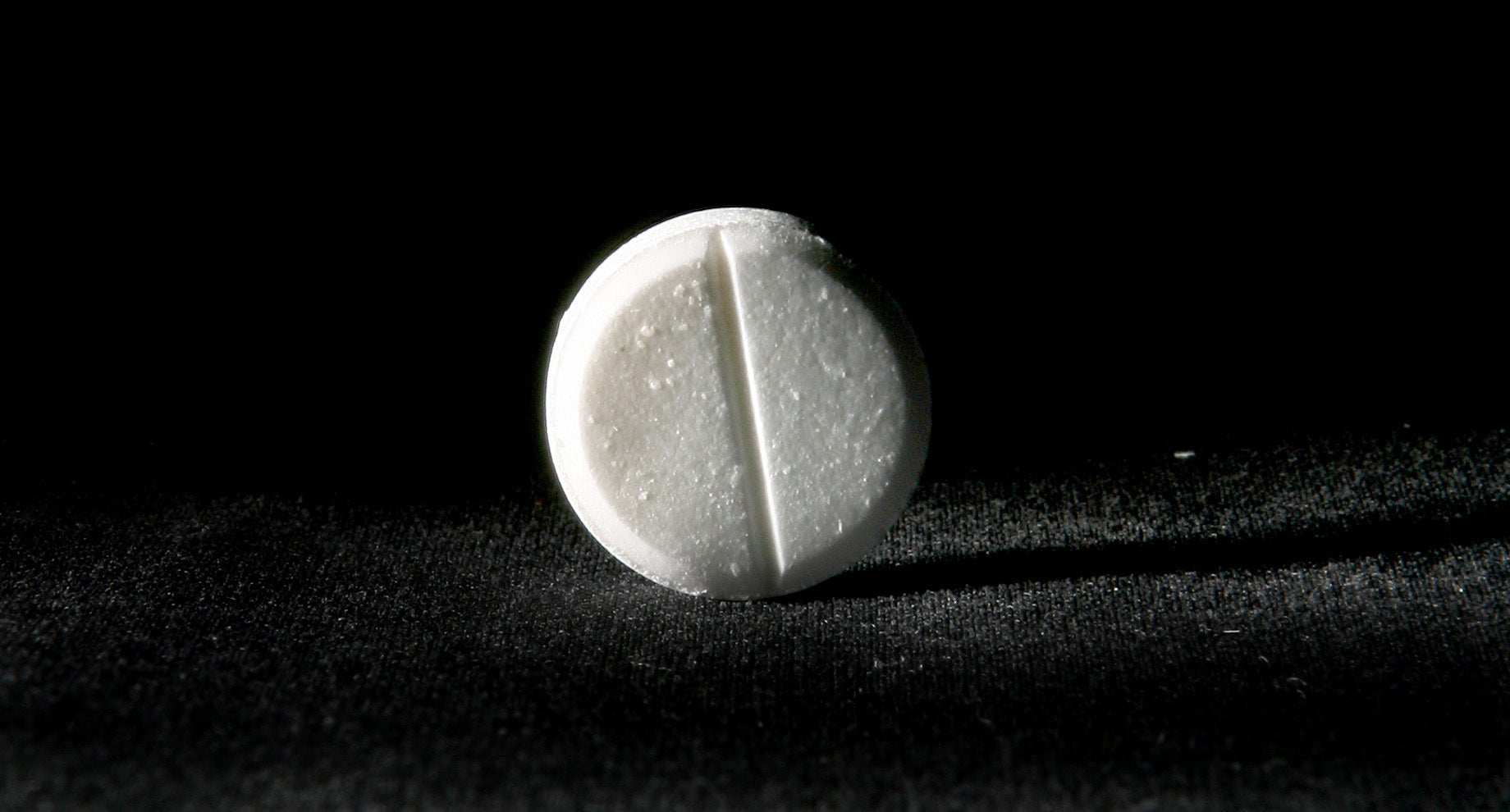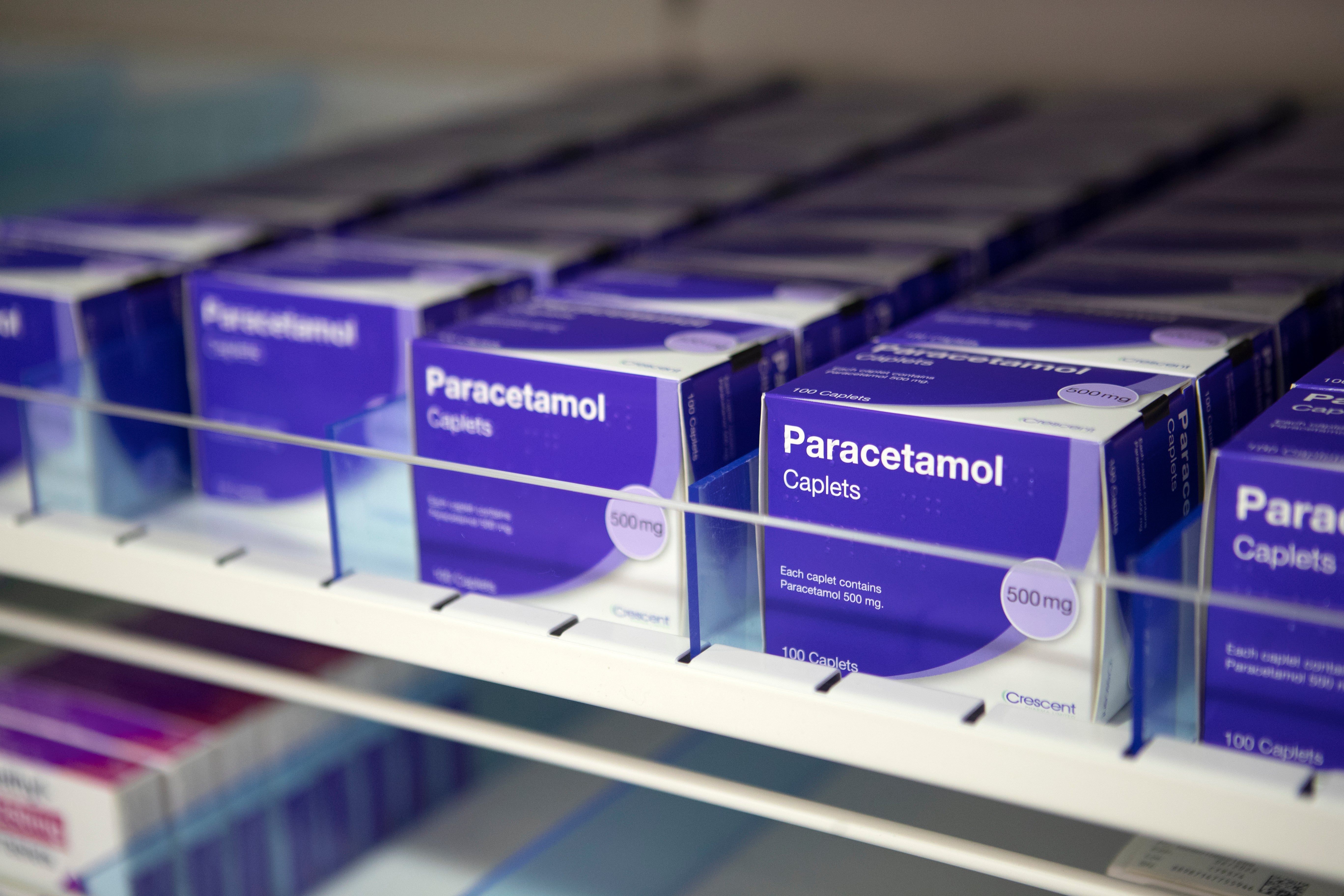Salt ‘hidden’ in paracetamol linked to increased risk of heart disease
Experts warn of ‘immediate need’ to protect customers

Salt which is used as a “hidden” ingredient in some types of paracetamol could lead to greater risk of heart disease and death, new research has suggested.
Academics warned that people often take soluble pain relief medication without knowing it contains sodium, which manufacturers include to help tablets break down more easily in water.
This lack of awareness means paracetamol users are more likely to exceed their recommended daily salt intake of 2g, they said. Some could even exceed this threshold through drugs alone, as some pills contain up to 0.44g of salt.
Although most forms of paracetamol do not contain sodium, experts suggest those that do ought to issue a health warning on their packaging.
Professor Chao Zeng, of Central South University in Changsha, China, who led the study, thinks that doctors should always prescribe salt-less versions of the drug to minimise the risks.
“People should pay attention not only to salt intake in their food but also not overlook hidden salt intake from the medication in their cabinet,” he said.

Prof Zeng added: “Our results suggest revisiting the safety profile of effervescent and soluble paracetamol.”
The study, which is published in the European Heart Journal, was based on an analysis of data collected from 790 British GP surgeries between 2000 and 2017.
The researchers looked at a pool of 300,000 patients aged between 60 and 90, half of whom had high blood pressure. Some received sodium-containing paracetamol, while the rest did not.
Among the cohort with high blood pressure, the risk of developing heart failure or having a stroke was 5.6 per cent for those who took paracetamol with salt for a year and 4.6 per cent for those who received sodium-free medication.
Similarly for those without high blood pressure, the likelihood of heart disease was higher among patients whose paracetamol contained salt. The risk was 4.4 per cent for those who did and 3.7 per cent for those who did not.
The international team of researchers also discovered that the chance of death in the follow-up period was greater for those taking paracetamol with salt in it.
Commenting on the study, two academics from Australia’s George Institute for Global Health said the risks posed by such medication are increasing as “fizzy” pills are becoming more popular.
They added: “There is an immediate need for protection of consumers against these risks. The most plausible and effective strategy is likely to be the mandatory labelling of all medications containing significant quantities of sodium with a front-of-pack warning label.”
However, Professor Sir Nilesh Samani, the British Heart Foundation’s medical director, said the study was limited because it did not contain data about how much salt people were consuming through their diets.
“It’s also important to remember that observational studies like these can only show an association, rather than prove cause and effect,” he said.
The research suggested that 170 in every 10,000 adults in Britain use sodium-contained drugs, with the elderly more likely to take them than the young.
Additional reporting by PA
Join our commenting forum
Join thought-provoking conversations, follow other Independent readers and see their replies
Comments

Bookmark popover
Removed from bookmarks